The relationship between India and the United States has never been stronger, according to analysts, but that may be tested by a potential power shift in the US Capitol.
India, like many key partners of the US, is watching the upcoming mid-term elections closely, as relations between both sides are at a crucial juncture.
The two nations now collaborate on trade, regional security, and response to the COVID-19 pandemic, bilaterally and through forums such as the Indo-Pacific Economic Framework.
Such cooperation means that the relationship has largely received bipartisan support in the US Capitol.
Over the past five years, India has moved closer than before to the US.
President Joe Biden’s administration has pledged financial and technological support to help Delhi’s transition to renewable energy by 2030.
Recently, it also promised to fast-track visa applications for Indian workers.
Visiting Scholar in the Asia Program at Carnegie Endowment for International Peace, Dr Deep Pal, noted that the White House has been looking at a presidential commission’s report which talks about speeding up the process of getting green cards.
He added that India and the US have set aggressive deadlines in their climate change collaboration.
But the Republicans have openly called for tighter controls on immigration and criticised the Democrats’ climate action plan – raising concerns in Delhi. These plans will “possibly not gain as much traction”, Dr Pal said.
The mid-term elections, which will be held on Nov 8, are the first nationwide referendum on the president’s performance. Historically, the president’s party tends to fare poorly and lose ground during the mid-terms due to voters’ frustrations with current issues.
UNITING AGAINST CHINA
While the prevailing attitude in Washington could shift on issues like climate and immigration with the mid-term elections, China is a key area which India and the US would most likely continue collaborating on, regardless of which party takes the Capitol.
According to the US’ National Defence Strategy 2022, India is at the centre of Washington’s vision to counter China. The same paper states that China is the US’ “most consequential strategic competitor”.
India stands to benefit with the US on this front as well, as the US is crucial for maintaining its influence and security presence in the Indo-Pacific.
Both countries, along with Japan and Australia, are also part of the Quad, an alliance designed to counter China’s assertive actions in the Indo-Pacific.
COURTING INDIAN-AMERICAN VOTERS
In the US, the Republicans and the Democrats have something in common as far as India’s concerned.
Both parties have actively reached out to the Indian-American voter base, especially since Donald Trump’s presidency. Indian-Americans form just about 1 per cent of the total US population, but both sides of the chamber have been focusing their attention on this group of voters.
They tend to lean towards the Democrats, but that’s not stopped the GOP from reaching out to them.
The Biden-Harris administration recently hosted an event to celebrate the Hindu festival of Diwali.
Campaigning Republicans also held a Diwali celebration. Among them was the incumbent Texas governor Greg Abbott and former president Donald Trump, who, with an eye on presidential polls in 2024, hosted Indian-Americans at his Mar-a-Lago resort.
Analysts said US-India ties are an important consideration for many Indian American voters, who could make all the difference in swing states.
“The Indian diaspora has also been very strategic in the way they have voted on a number of issues. So, I think the issue of diaspora is front and centre, and I think there are a number of key battleground states where the diaspora has the ability to shift the balance one way or another,” said Professor Harsh Pant, vice-president of Studies and Foreign Policy at Observer Research Foundation.
If the Democrats hold on to the House and Senate, analysts expect the status quo to be maintained.
But if Republicans take back either or both – India may have to tweak its US policy.
That could mean concessions on trade tariffs and looking elsewhere for partners to fight climate change, making the mid-terms not only crucial for the US’ future but also for India’s foreign policy.
Source: CNA/ja(ca)

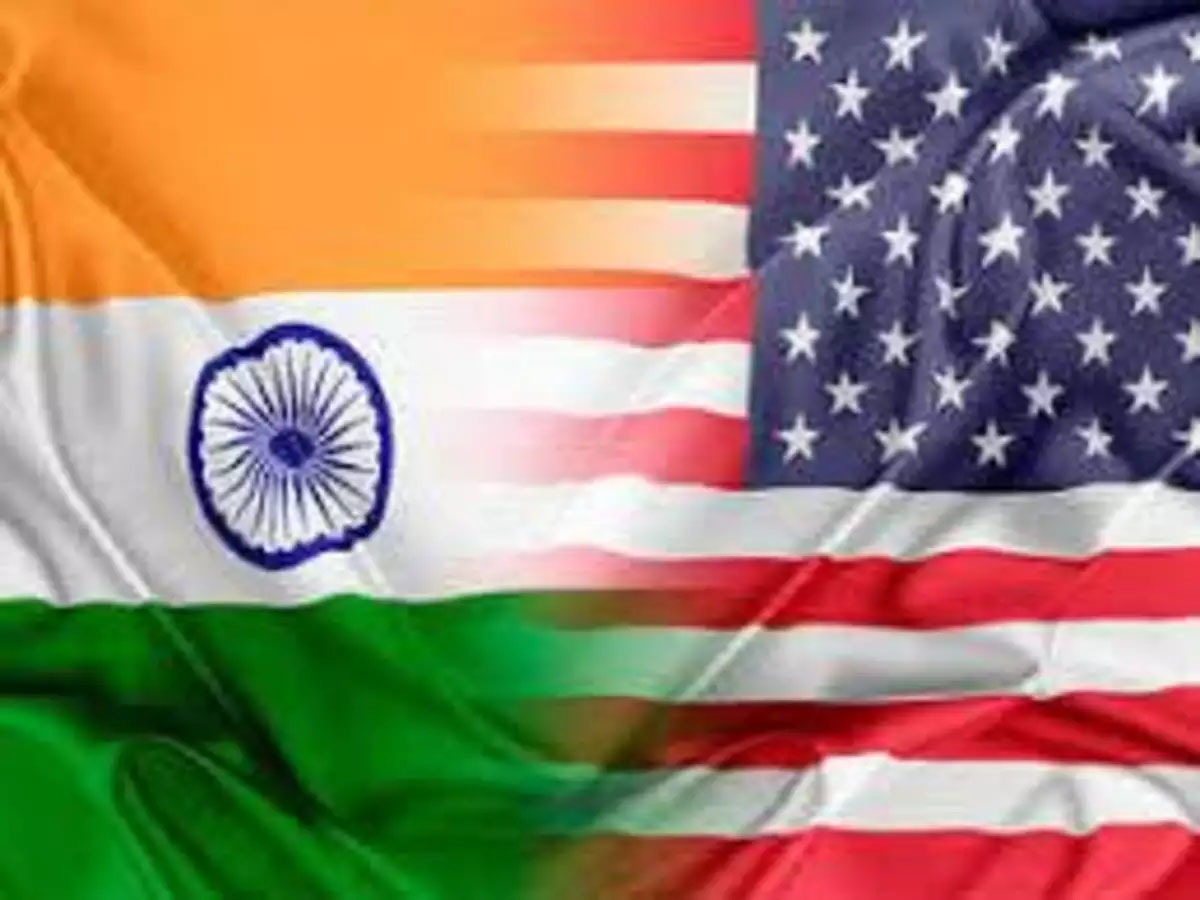
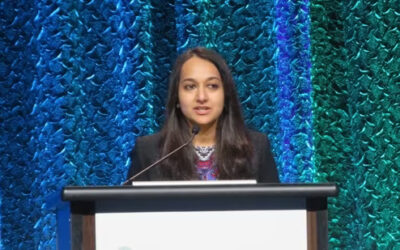
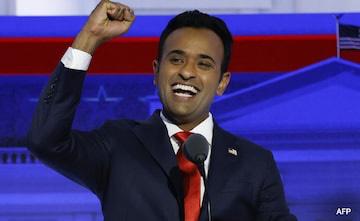
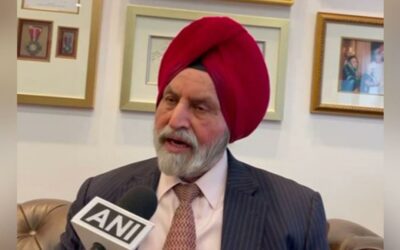


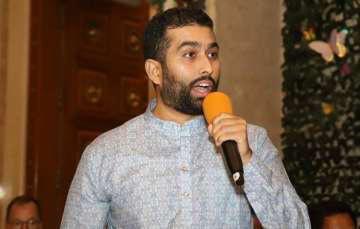




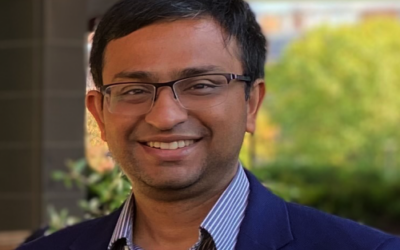
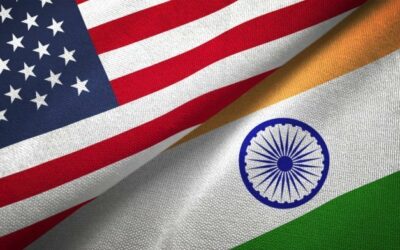
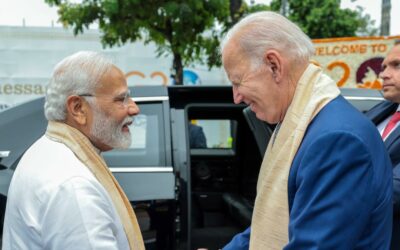

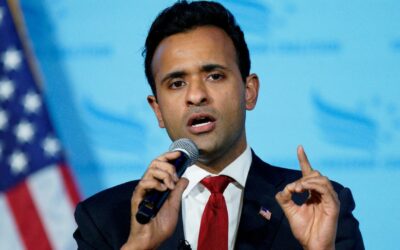


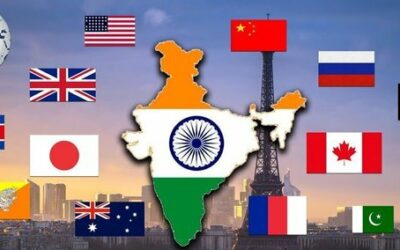
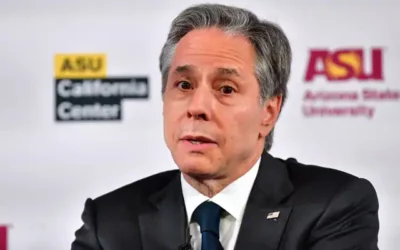
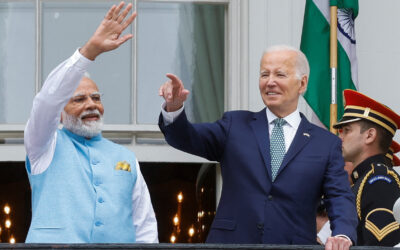
0 Comments